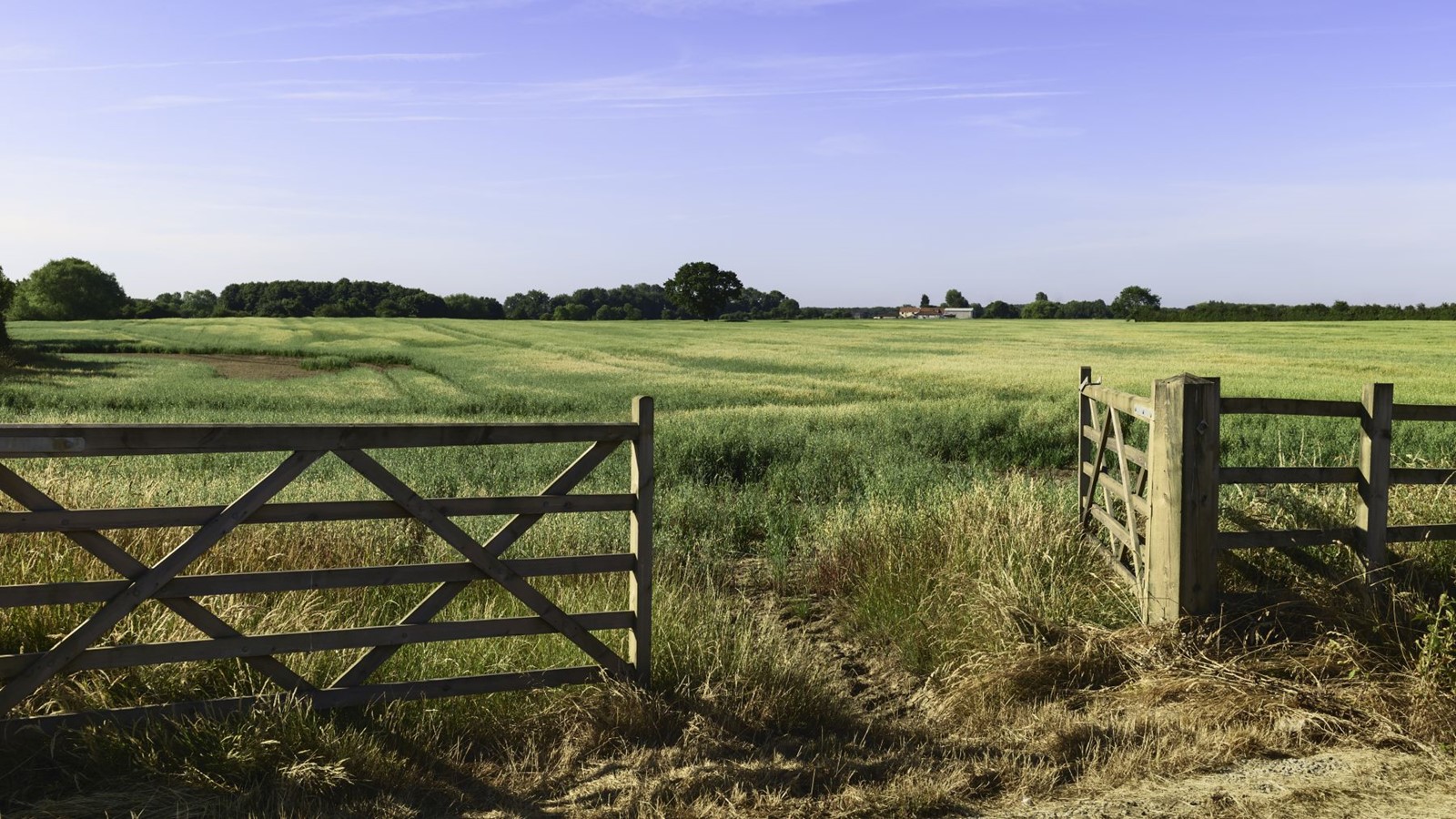During the pandemic nature has sustained me and supported my academic work and placements, which remained ongoing throughout each lockdown. Like many I was staring at a screen for more time than I would ordinarily choose and going to nearby fields was a breath of fresh air. I don’t live in an area of outstanding beauty, my daily walk was across muddy agricultural fields or by a canal which involved dodging dog muck as I got my one trip out of the house each day.
Lack of outstanding beauty didn’t deter me though as I noticed I had more energy on days when I walked further. I noticed I could better park my client work and tend to my own needs when I had factored in a walk or two during the day. I began to notice nature in my small back garden – the birds seemed to chirp louder than before and I marvelled at blossom. I had always been too busy to really slow down since moving out of London eight years before.
For part of my final year assignments, I needed to do a research presentation and I didn’t hesitate to make nature my topic. It was a pleasure to explore the impact nature has on mental health and what I found confirmed all my gut feelings that being in nature is a necessity. Richard Louv termed the phrase 'nature deficit disorder' in 2005 to describe the sense of disconnection and impact on our wellbeing when we do not take time to be in nature. There has been a great amount of research since that time into the multiple benefits of being in nature. And of course since the pandemic nature and therapy have come together within private practice as never before.
It’s now more acceptable to see clients whilst walking in nature and offer something beyond the confines of a therapy room – it took a global shutdown to make ecotherapy more mainstream but tentatively some therapists are making this part of their practice. It is not without challenges – there’s insurance, boundaries and competences among many other things to consider. And of course there will always be more training to undertake.
As a neurodiverse person ecotherapy has added appeal, I can feel boxed in by buildings, so as I researched ecotherapy I expected to rush into more training. And while I don’t rule that out at a later date, I also saw there is a lot more to it than walking and talking with a client if we want to work ethically and safely. So as a newbie to this profession I have parked my slightly impatient aspirations of getting outdoors with clients, for now, knowing I need to consolidate how I practice indoors.
But the research I undertook made me more committed to nature as a therapeutic tool – I walk every day and spend time noticing buds or listening to bird song as part of my self-care. And that is enough right now. Time in nature has allowed me to slowdown enough to not rush into any future training and enjoy finishing what I began.
Read more...

How pea shoots taught me patience
Self-declared urbanite Eleni Kypridemos finally finds wisdom in her grandmother's philosophy. Mental Health Awareness Week 2021

Connecting with nature
Charles Gordon-Graham explores a love of nature, animals and the positive role of green spaces for mental health. Mental Health Awareness Week 2021

Blogs and vlogs 2021
News, views and updates from our staff, members and counselling clients
Views expressed in this article are the views of the writer and not necessarily the views of BACP. Publication does not imply endorsement of the writer’s views. Reasonable care has been taken to avoid errors but no liability will be accepted for any errors that may occur.
